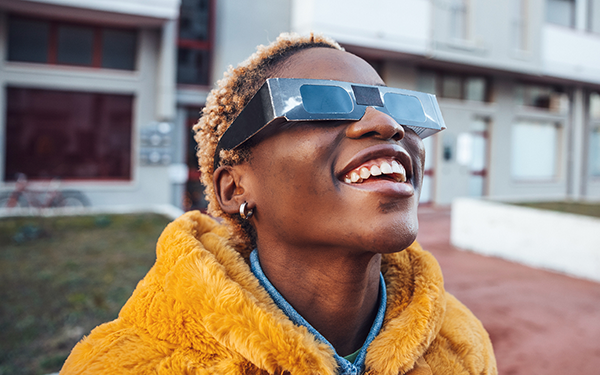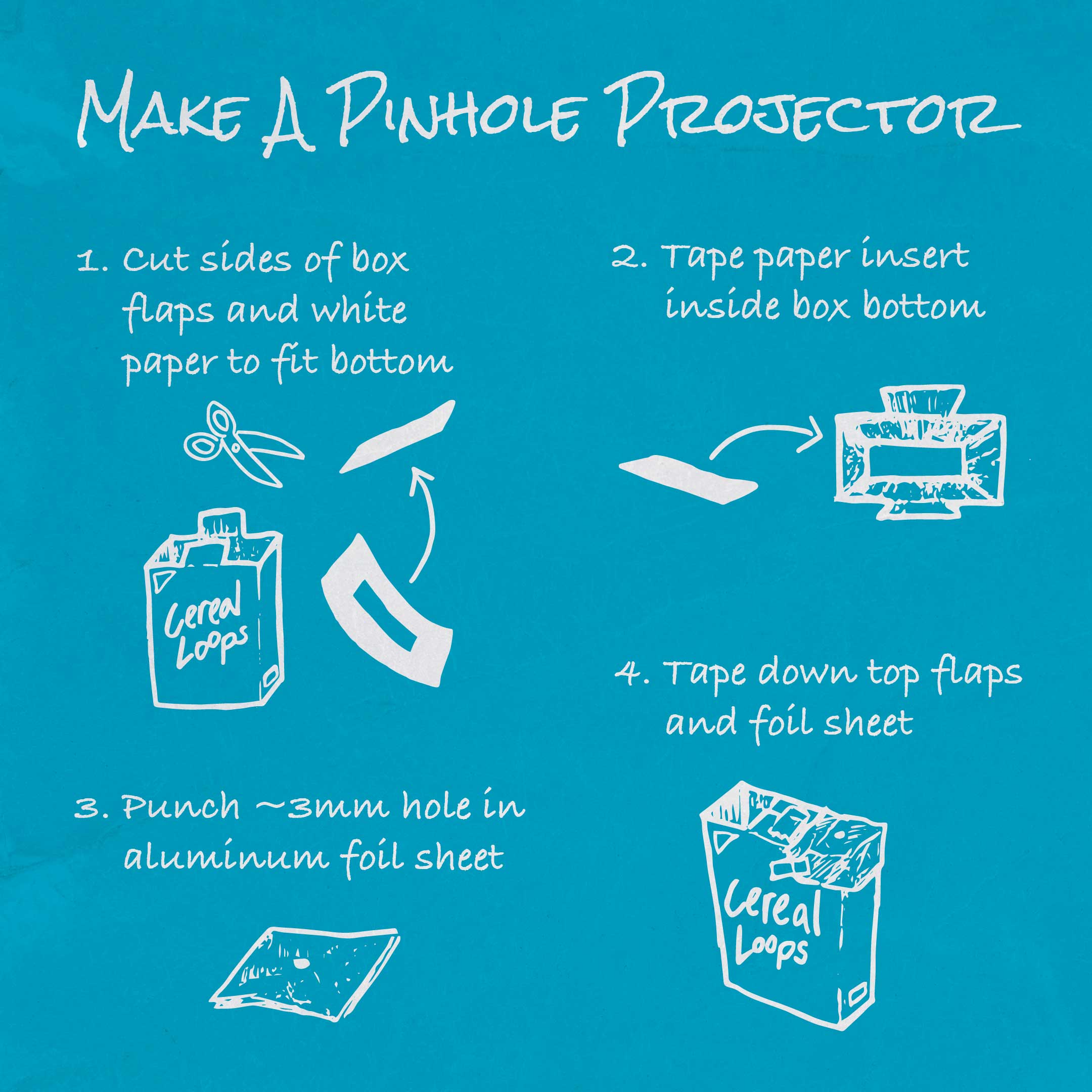How to protect your eyes during the 2024 solar eclipse

On April 8, a total solar eclipse will cross North America, the last time a total solar eclipse will be viewable from the continent until 2033. A total solar eclipse happens when the moon passes between the earth and the sun, temporarily blocking the view of the sun from a part of the earth. It’s an incredible and rare sight to behold — but looking at a total or partial eclipse also can damage your eyes if not done safely.
To revel in this stunning phenomenon, here are some need-to-know tips for protecting your eyes.
St. Louis will only experience a partial eclipse, though other Missouri cities, especially in southeast Missouri, are in the field of totality. To experience totality, head to cities including Poplar Bluff, Cape Girardeau, Doniphan and Perryville.
North America will experience totality again in 2033, when the next total eclipse crosses Alaska. In 2044, another total solar eclipse will occur and be visible in multiple continental U.S. states, including Montana and North Dakota.
To protect your eyes during an eclipse, you need special glasses. Never use sunglasses, as they do not offer proper protection. Additionally, never look at the eclipsed sun through binoculars, a camera or a telescope, as this could be dangerous for your eyes.
When shopping for eclipse glasses, look for ones made of blackout film that are ISO certified. The international standard for solar eclipse glasses is ISO-12312-2. This coding, which was adopted globally in 2015 and reaffirmed as the standard in 2020, denotes approved glasses for viewing the eclipse that will protect your eyes and prevent injury. Always go by this standard — rather than regional ones — when choosing solar eclipse glasses.
Additionally, you’ll want to make sure the glasses:
Fit well and cover both of your eyes. Avoid glasses that are too wide or large and could fall off your face. If your child’s eclipse glasses are too large, watch our video on how to achieve a better fit using a paper plate.
Don’t have any scratches or other signs of wear and tear. If the glasses are damaged, do not use them.
Be sure to read and follow any directions included with your eclipse glasses.
Yes, but you’ll need a few supplies. To make your pinhole projector, you’ll need a cereal box, a white piece of paper, foil, scissors, tape and a hole punch. Watch our video on how to create your pinhole projector.
When it’s time to view the eclipse with your projector, make sure your back is facing the sun, hold up the projector and look inside the box.

The sun’s UV rays can burn sensitive eye tissue and cause solar keratitis — a sunburn to the eye — or solar retinopathy, a more serious type of eye damage.
Symptoms might include:
Impaired vision, such as blurry or wavy vision or trouble seeing color
Blind spots
Extreme sensitivity to light
Headaches
Typically, the eyes will heal in about three to six months; however, damage could be permanent. If you experience any of the above symptoms after viewing the eclipse with or without the glasses, it’s a good idea to contact your ophthalmologist.
If your child accidentally looks at the eclipse without eye protection, the Washington University Children’s Eye Center at St. Louis Children’s Hospital is open 8 a.m. to 4:30 p.m. Monday through Friday, and you can reach the center by phone at 314-454-6026. Call to schedule an appointment and you’ll be seen as soon as possible, typically within a couple of days or even sooner.
Read more wellness content on BJC.org.
- Resource
- Resource